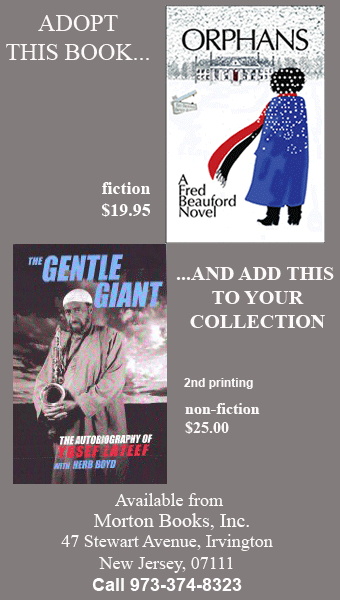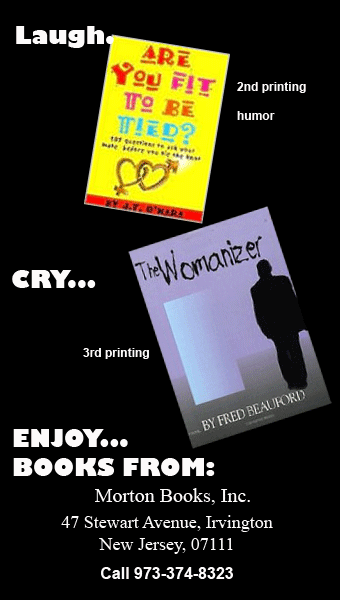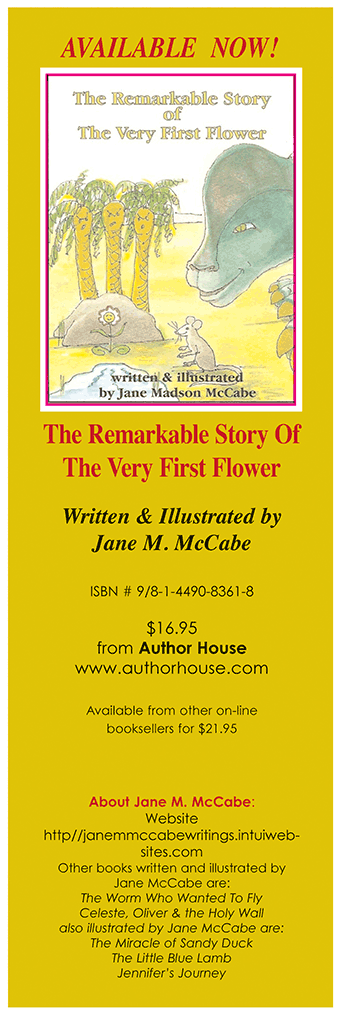A WRITER'S WORLD
“How to be a writer/mother/wife/daughter”
by Molly Moynahan
First, when your little boy decides to give you a new hairdo while weaving binder clips, white out, pencils and possibly a small stapler into the back of your head, let him. This may give you another ten minutes or so of working on your book. Recognize as soon as the call comes from the west coast radio show that your son will forget the “no talking game” and demand something complex from the refrigerator. You will describe your artistic beliefs while mixing Parmesan cheese into orzo. Then he will tell you he needs to sit on your lap and whisper things in your ear even though this sort of thing never happens anymore. Practice sounding authorial while your child mutters, “I love my momma” in your ear repeatedly.
Second, as he grows older, be prepared for his embarrassment and/or anger as his friends read your book. Wait for him to inform you that he read the first page and found it “gross”. This from the boy who listens to Rap songs that are basically one obscenity after another interrupted by a note or two of music. Never mind. Ask him if he’d like to discuss what he found objectionable. He will refuse and demand you buy him a new I-Pod to help him heal from the trauma of reading a sex scene written by his mom. Do not do this! Soon he will read your memoir, which describes such debauchery that you will owe him at least a Maserati and a trip to Cancun. Make your “I am an artist” speech and offer to edit his English paper. He will inform you that there is nothing about English you could possibly understand. You are a writer and therefore basically a charlatan. You know nothing that his AP English teacher doesn’t know better.
Third, when your husband walks in the door and says he’d love to hear what you wrote, do not be insulted if after a particularly striking passage he looks pained and says, “I gotta go to the can.” It has nothing to do with your writing. It is, in fact, true. When later he offers to listen, be careful about reading something that causes him to burst into tears. This is a gratifying response but it could also mean there will be no erotic interlude after dinner. He is worn out and depressed. He is angry at fictional characters. He wants to suggest a different title and maybe you throw in a vampire or a zombie. “People like zombies,” he says, wiping his eyes.
Later, you overhear him telling one of his ironworker buddies that you are writing a novel with zombies and vampires while you are actually writing a memoir in which the undead play no part. Then he tells his friend the title he thinks will make the book a bestseller, Bite-Suck-Kill. You try to be a sport but you feel like showing up at his job and telling everyone how to weld some random piece of iron. “I’m just trying to be helpful,” he tells you. What you say in response is unprintable.
Fourth, do not tell your mother you are writing a memoir. When she hints around about your latest writing project, tell her you are writing a screenplay about Zombie vampires who go to Italy to eat Italians. She will not think this is a good idea but she will be temporarily diverted. “Your childhood was good, right?” she asks while you are describing a gory yet pivotal scene that takes place in a Gelato Store. “Of course,” you say. “It was so good, I wrote about it.” There will be a pause. “Well,” your mother will say, “be nice.”
This is difficult advice to follow. You grew up listening to funny stories about someone who was washed out to sea, who liked to smash milk bottles when she was three and was left alone on the street in front of the house, who fell off a roof, and who was advised to hitchhike when needing a ride home from school. You notice the massive scar on your kneecap and connect it to the funny story about the drunken doctor and the darning needle. “You survived,” your mother points out helpfully. She is suddenly enthusiastic about the zombie vampire project. “People like scary stories,” she says. “No one likes to hear about why you hate your parents.”
Fifth, remain grateful and civilized. Do not blame your lack of fame and fortune on e-books or Oprah or people writing novels in a month. Remember, you are the luckiest person in the universe. One day you will sit on a train and someone will be reading your book. Resist the impulse to announce who you are. It will disappoint the reader and no one else cares. You are in your workout clothes and you need a haircut. When you get home, tell your husband and your child. They will demand that you read them some of the zombie vampire book. When you explain it is a joke, they will demand dinner. Call your mother and tell her about the train thing. “Hmm” she’ll say. “If you get anything wrong, I’m going to sue you.” Don’t panic. She is old and won’t remember what really happened anyway. Remember, you may be a writer, but family never forgives.
Molly Moynahan lives and writes in Chicago. She is the author of 3 novels, the latest; Stone Garden was a NYT Notable book for 2003. She is writing a memoir. Her blog address is mollymoynahan.blogspot.com. Her website is www.teachersway.indiemade.com




